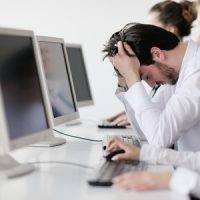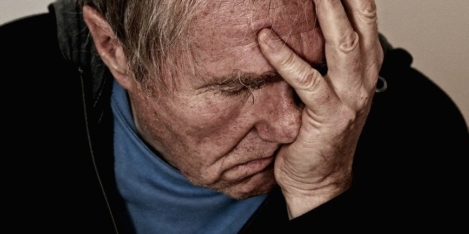To provide the best experiences, we use technologies like cookies to store and/or access device information. Consenting to these technologies will allow us to process data such as browsing behaviour or unique IDs on this site. Not consenting or withdrawing consent, may adversely affect certain features and functions.
The technical storage or access is strictly necessary for the legitimate purpose of enabling the use of a specific service explicitly requested by the subscriber or user, or for the sole purpose of carrying out the transmission of a communication over an electronic communications network.
The technical storage or access is necessary for the legitimate purpose of storing preferences that are not requested by the subscriber or user.
The technical storage or access that is used exclusively for statistical purposes.
The technical storage or access that is used exclusively for anonymous statistical purposes. Without a subpoena, voluntary compliance on the part of your Internet Service Provider, or additional records from a third party, information stored or retrieved for this purpose alone cannot usually be used to identify you.
The technical storage or access is required to create user profiles to send advertising, or to track the user on a website or across several websites for similar marketing purposes.
 Over one in three (36 percent) UK workers believe burnout is an inevitable part of their career, according to new data based on 2,000 UK knowledge workers. The figure, which rises to 41 percent of managers was noted by UK workers as a natural part of career progression by those who had experienced it. UK employees are feeling isolated at home when part of a hybrid working culture and they’re struggling to balance priorities and establish clear boundaries. (more…)
Over one in three (36 percent) UK workers believe burnout is an inevitable part of their career, according to new data based on 2,000 UK knowledge workers. The figure, which rises to 41 percent of managers was noted by UK workers as a natural part of career progression by those who had experienced it. UK employees are feeling isolated at home when part of a hybrid working culture and they’re struggling to balance priorities and establish clear boundaries. (more…)






 More than six in ten UK managers have experienced burnout at work because of the COVID-19 pandemic, with a fifth considering quitting their job as a result, according to new research from
More than six in ten UK managers have experienced burnout at work because of the COVID-19 pandemic, with a fifth considering quitting their job as a result, according to new research from 
 According to new data from people success platform
According to new data from people success platform 


 A new study by
A new study by 
 Kincentric
Kincentric
 Four in ten professionals admit they’re on the brink of
Four in ten professionals admit they’re on the brink of 











November 11, 2020
Burnout, stress and disconnection are now our most urgent workplace mental health issues
by Catherine Flynn • Comment, Flexible working, Wellbeing